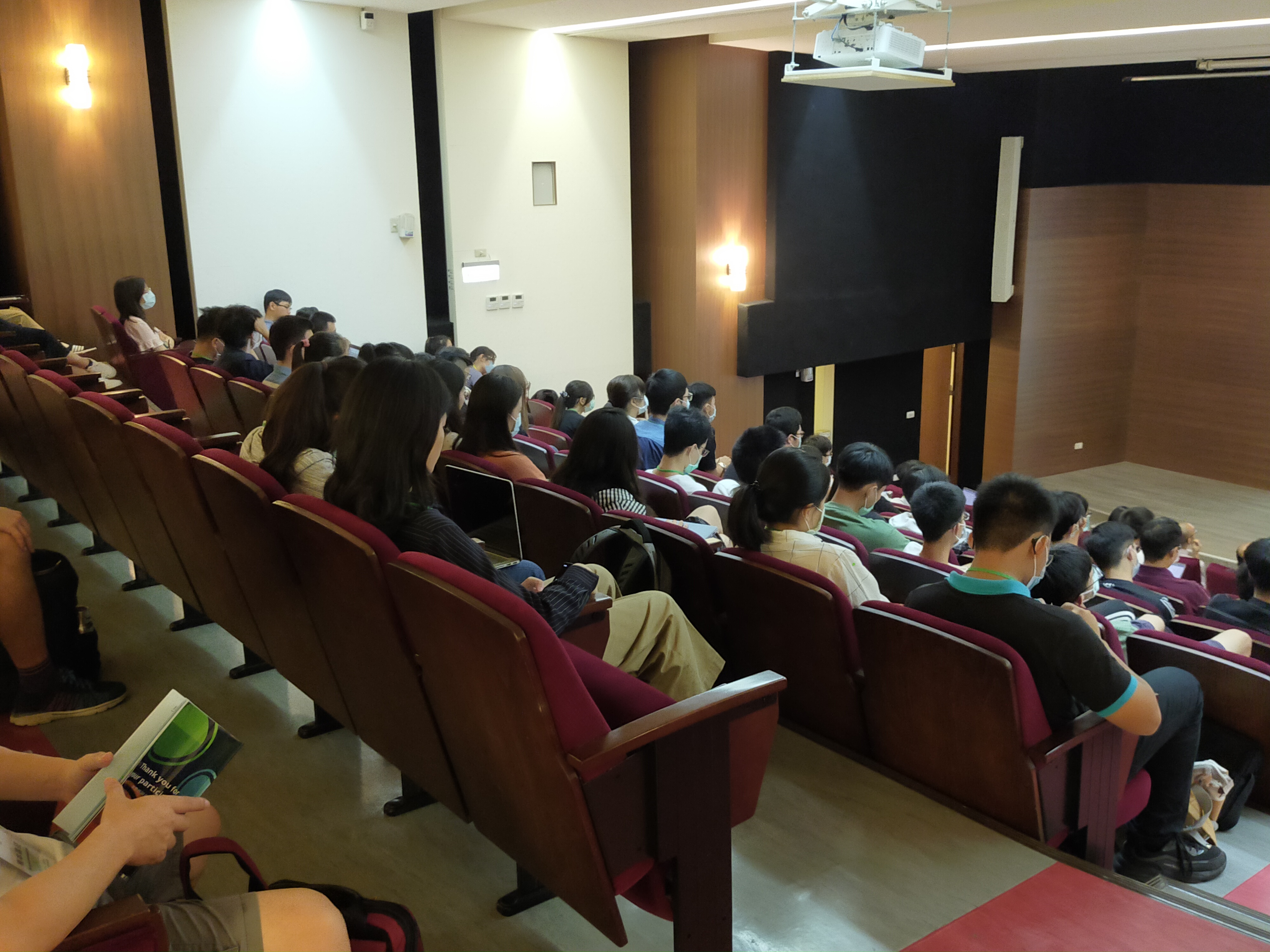
Integrated Human Practices

Generation of the project idea invited us to follow many paths, however, our literature research and concern of negative impact caused by rice straw burning reaffirmed our perceived duty to focus on the issues of agricultural waste managements. Nonetheless, development of our project had us facing many dilemmas. The nature of our project led us to put a lot of thought into how our team could assist the farmers to deal with the agricultural waste that makes it transferred into a part of circular agriculture, while simultaneously expanding our scope of impact and collaboration to the broad communities. We knew that for our project to succeed, we had to combine and bring out the best in ethics, scientific principles, and community engagement. Our commitment to the task brought us to the company of many great representatives of business, STEM academia, humanities’ scholars, government officials and members of the general community, who deemed our cause noble and worthy of their generous support. The journey was filled with great opportunities for us to apply iGEM’s values in the field.

As our PI’s suggestion that it can’t be enough if our project was all about a circular agriculture, we figured out an extra product from the rice straw of the circular agriculture. And after we had accomplished our project to a certain extent, 2020 iGEM Meetup Conference between teams from Taiwan took place. Having garnered estimable counsel from the attending teachers and with quite some literature research under our belts, we put the newly acquired knowledge to use and thanks to their recommendation, we even found out a few adjustment ideas for a possible prevention measure development.

Due to the global epidemic, we skipped the iGEM Giant Jamboree in 2020. But we got to know what we should be aware of during the Jamboree from an interview with Mingdao 2020 iGEM team and had a great brainstorm of ideas about the projects of each other as well.

Another successful business relationship we established was with a company “Info-Link Services.” They kindly assisted us in the development of smart farming that AI partakes in, providing critical knowledge that the factors we should also take into consideration in the project and so on.

Next followed a greatly fruitful conversation with the local farmers and relevant authority. The farmers’ viewpoint of the issues of agricultural waste management has a lot to do with our project. Our project is not only mainly to decrease the environmental problems caused by unappropriated agricultural waste management, but to increase agricultural productivity.
During this project many collaborations with scientists, creators and members of the public followed. Their ideas shaped our project and allowed it to become a multifaceted testament to what a passionate collaboration between people of diverse backgrounds can achieve. As we saw our project come to fruition, we were proud to know that after having taken many great inputs from our communities we were also able to give back by providing useful frameworks that our successors will be able to use and continue to build upon in their future ventures. We are honored in knowing that our work has received great support from every person and organization we have reached out to and was regarded as a highly desired solution to the issues we so desired to tackle.
Timeline
-
2020
-
- Aug. 17, 18th
- Meetup Conference of teams in Taiwan
-
-
2021
-
- Apr. 1st
- Interview with Mingdao high school
-
- June. 4th
- Interview with Info-Link Services
-
- July. 3rd
- Online Meetup Conference of teams in Taiwan
-
- Aug. 19th
- Interview with local farmers
-
- Sep. 14th
- Podcast with PanSci
-
- Oct. 25th
- Interview with Nantou Environmental Protection Bureau
-



